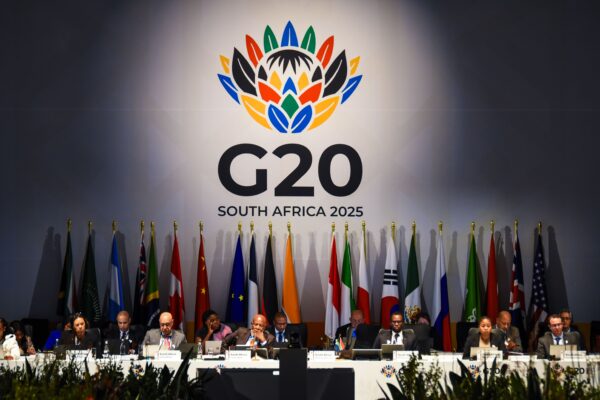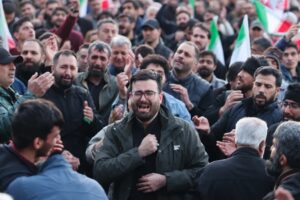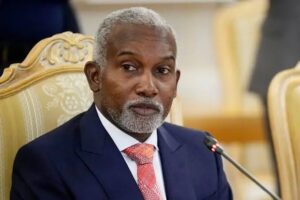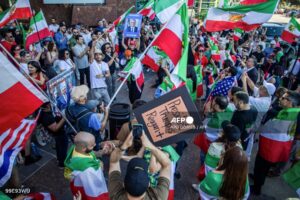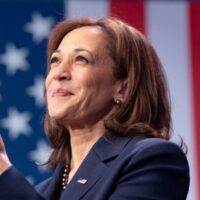The Group of 20 summit in South Africa ended in diplomatic tension after the host country declined to hand over the bloc’s rotating presidency to what it described as a “junior” United States representative.
The U.S. boycotted the two-day leaders’ meeting in Johannesburg, citing the Trump administration’s claims that South Africa is violently persecuting its Afrikaner white minority. Washington is due to assume the G20 presidency for 2026 and plans to host the summit at President Donald Trump’s golf resort in Doral, Florida.
However, South Africa insisted the traditional handover at the close of the summit could not take place because the U.S. only put forward an embassy-level official. Pretoria maintained that the ceremony required attendance by a head of state, a designated presidential envoy or a minister.
“The United States is a member of the G20 and if they want to be represented, they can still send anyone at the right level,” Foreign Minister Ronald Lamola said. South Africa indicated the handover may instead occur later at its foreign ministry.
It remained unclear on Sunday whether any U.S. officials would attend the summit’s closing session. Tensions deepened after President Cyril Ramaphosa suggested Washington had reversed course and sought to join the summit at the last minute — a claim denied by the White House.
Press Secretary Karoline Leavitt accused Ramaphosa of “running his mouth a little bit against the United States and the president of the United States.”
South Africa broke with G20 tradition by issuing a leaders’ declaration on the opening day of the summit, despite opposition from the U.S. and Argentina. Argentina’s President Javier Milei — a Trump ally — also stayed away.
The declaration, supported by China, Russia, France, Germany, the U.K., Japan and Canada, focused on challenges facing poorer nations, including climate-related disasters, debt burdens and the transition to green energy. Several of South Africa’s more ambitious proposals, including a new global wealth-inequality panel, were omitted from the final document.
The 122-point declaration made only a general reference to the war in Ukraine, underlining the bloc’s ongoing struggle to reach consensus on major geopolitical conflicts.
French President Emmanuel Macron said the first G20 summit on African soil was an important milestone, but acknowledged the group’s difficulty in adopting common positions on global crises.
Despite the diplomatic rift, activists argued that Johannesburg marked a symbolic shift, with the G20 giving unprecedented attention to issues affecting developing nations.

